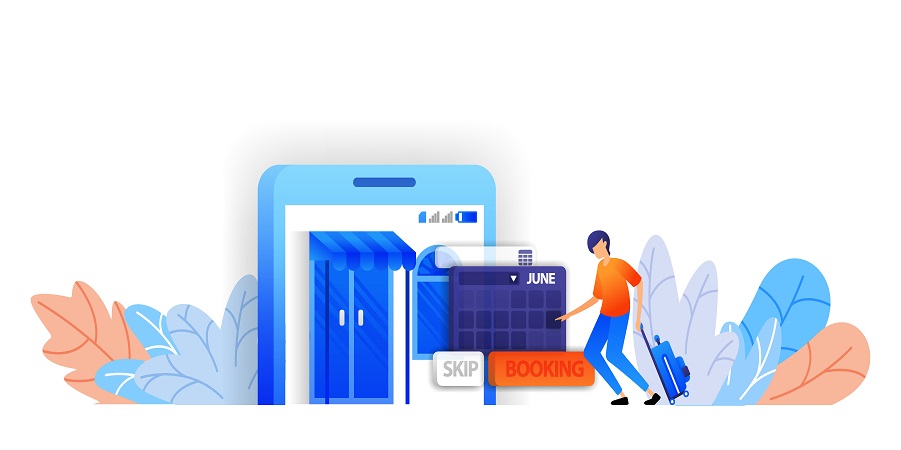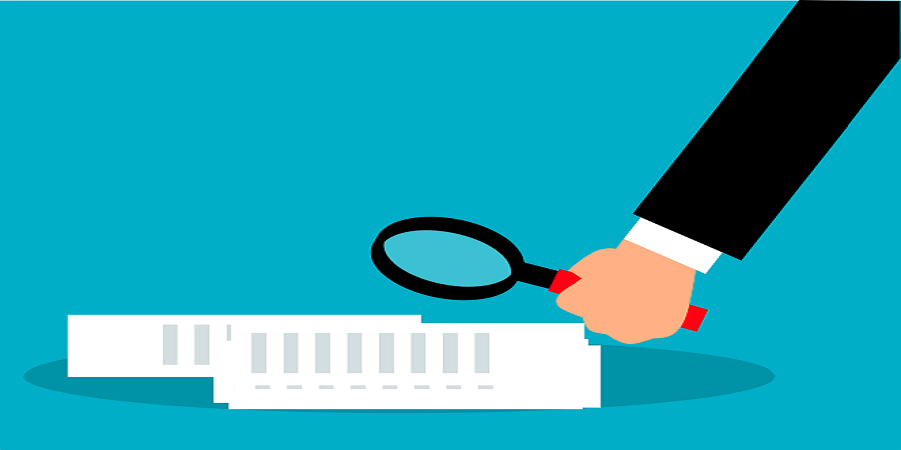Maintaining rate parity plays a key role in our industry as it a protection for the hotel brand moving forward with technology evolving rapidly. If hotels give up rate parity, they entirely give up the control of their sell rates across the internet. Today the internet has become a medium of search for the lowest room prices as OTA’s undercut each other to gain their share of business.
- Without parity you condition the market to search the internet as no one wants to pay more than they have to.
- Rate Parity sets a clear value of your rooms to be sold online.
- Rate Parity is not just something that OTA’s want, It is an essential requirement of a hotel equally before entering into any contract with OTA’s.
- OTA’s currently focus on rate parity so consumers don’t land up at the hotel directly resulting in decrease of walk in business that can be used to achieve higher ARRs. Online channels today focus on only price as it is their sole advantage at growing their share over their competitors.
- Not maintaining rate parity and having a lower price is dangerous in the current situation as very quickly the hotel looses visibility on the OTA’s / internet especially if online is one of the main booking drivers.
- Hotel can sell online package rates with value add which avoids rate parity issues and offers great package deals directly and I also works well as value add.
With the evolvement of Meta search technology (this is where the OTA’s are pitched against each other in front of the consumer so they can see straight up a list of OTA’s and their prices). Sites like TripAdvisor, Trivago and Google Hotel Finder are playing and facilitating this booking process currently big time.
Meta search technology today is a threat to the traditional OTA model as price options for the same hotel is the only thing that is in front of the consumer and it may sway them to book as per their choice. This technology puts more pressure on the OTA’s to not have rate parity as each one wants to come on top of the list with the lowest price to the customer so the customer chooses them.
The threat of this Meta search technology to the traditional OTA model is why sites like Expedia have introduced Trivago. With rate parity all the customer sees is a list of OTA’s with the same price and this still encourages the consumer to contact your hotel directly / brand website to check for best deals. Google and TripAdvisor are working with suppliers (hotels) and OTA’s as they facilitate this process. With Meta search the hotel website is listed as well (although this is usually small and right down at the bottom).
This is an evolving space and one needs to watch closely. Consumer booking preference may shift from the traditional OTA model to Meta search sites and when this happens it can place hotels in a more favorable bargaining position if the lead up is handled strategically.
Currently Google and TripAdvisor claim that they have no plans to become an OTA’s in their own right but we need to closely watch this space, so the most strategic and favourable deals moving forward can be made.
For now it is very important to maintain favourable relationships with your booking partners, maintain rate parity and ensure where exclusive’s are offered at times to OTA’s to assist need periods in certain campaigns and that the property is getting great exposure and value for their money.

